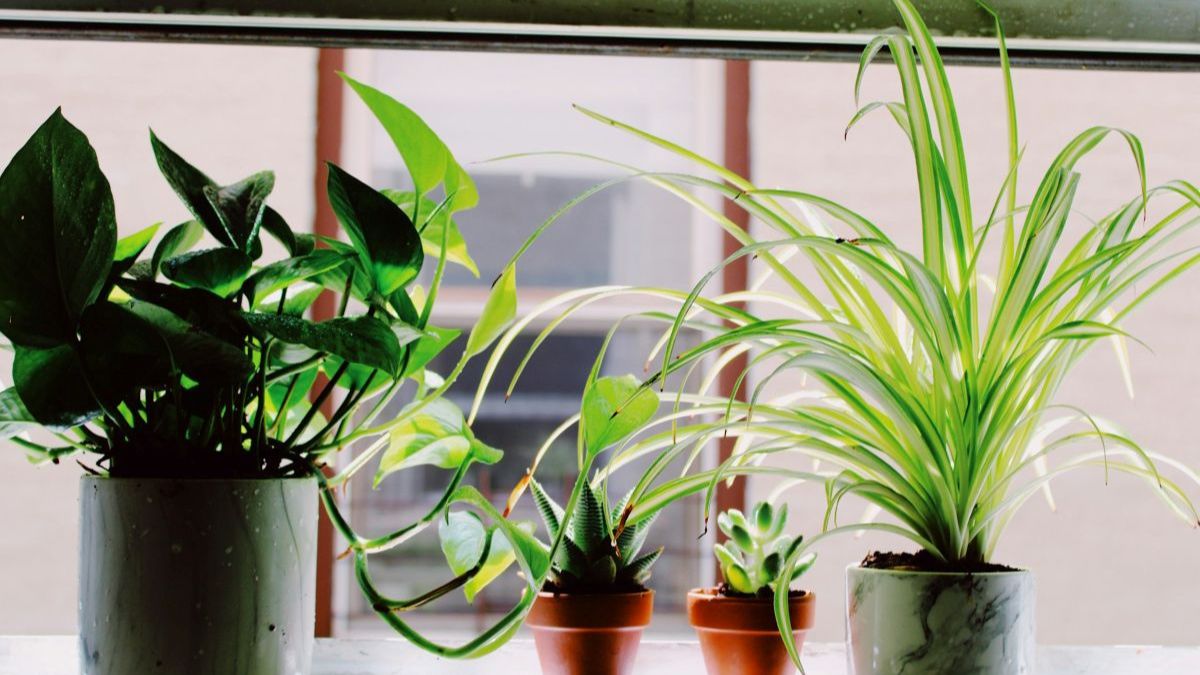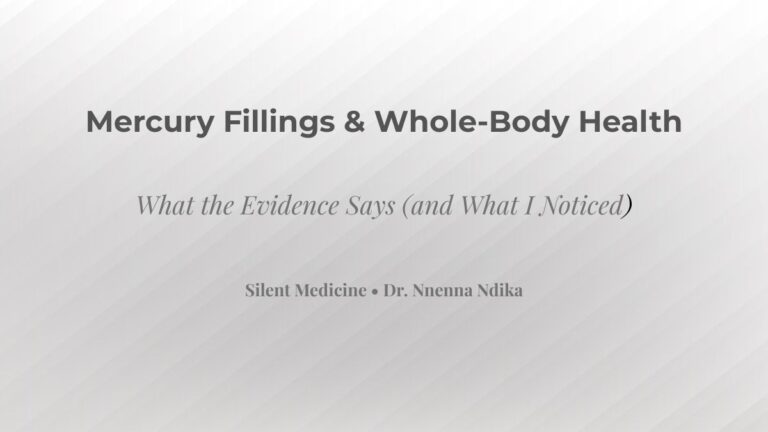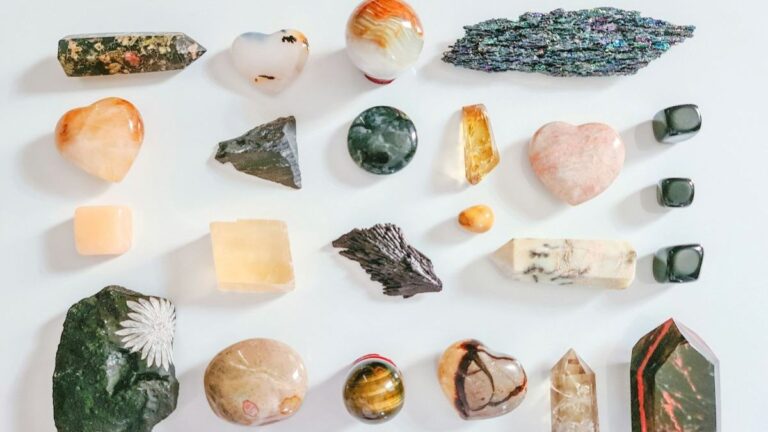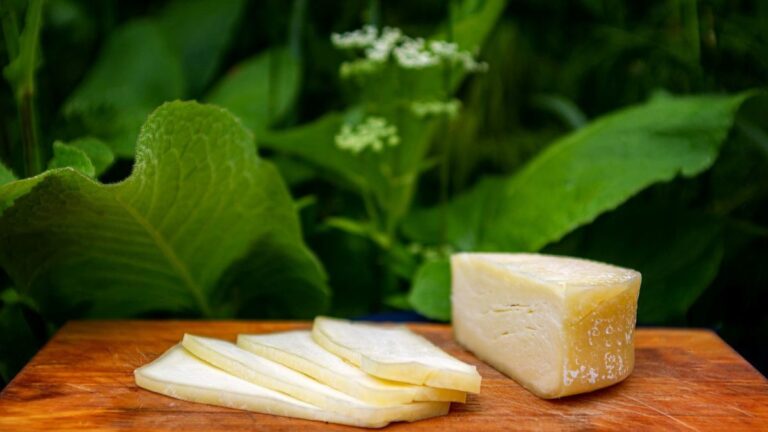Why Do Plants Calm the Nervous System? (+ 3 Micro-Rituals)
Quick Answer:
Plants offer soft-fascination… gentle, effortless attention that may reduce mental overdrive. Pairing plant contact with slower exhales gives the body simple “safe” cues.
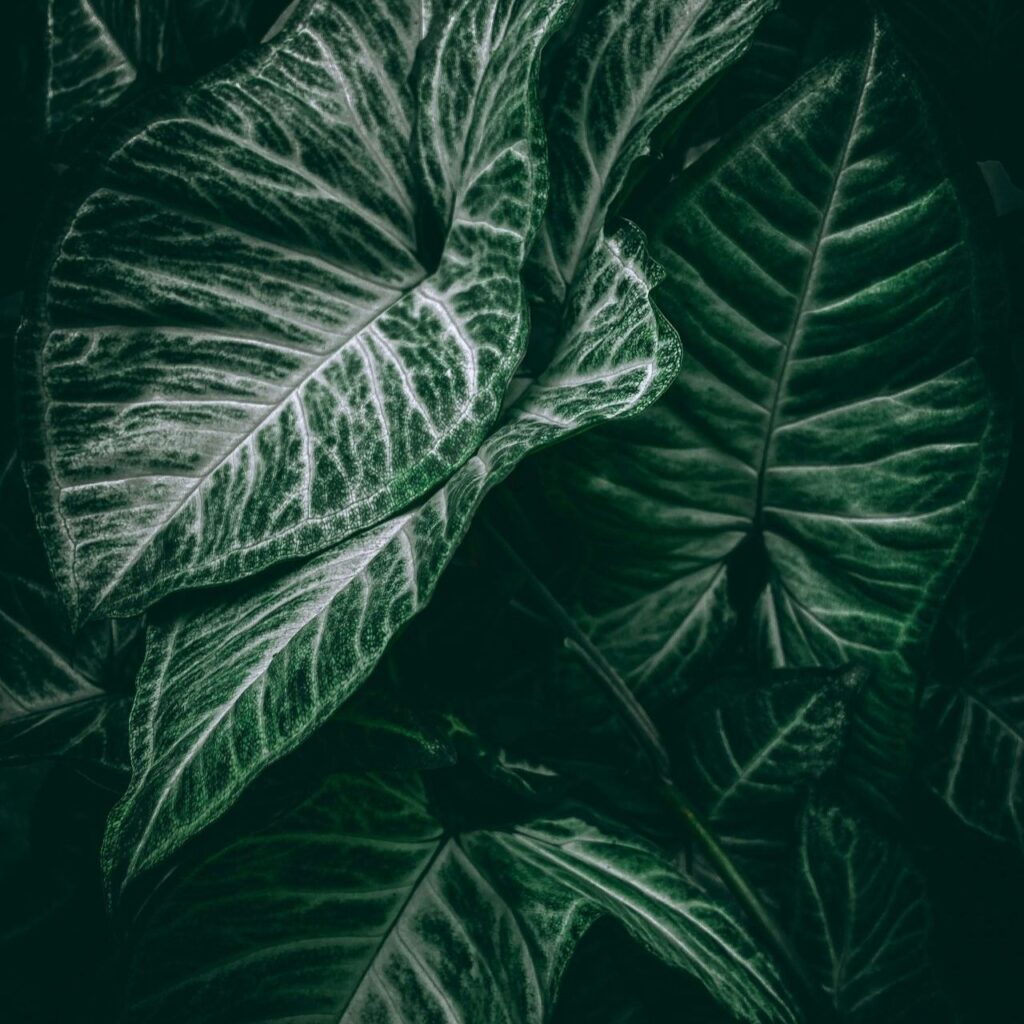
Today I went plant shopping. Not for décor, but primarily for company. I’ve been leaning into creating a minimalist home, which means choosing many more living things over more stuff. A single fern by the window changes the room’s tempo. Nurturing my plants has become a primary self-care practice: a tiny way to remember that life grows quietly when conditions are kind.
Why plants can help (plain-language)
Moment by moment, your breath, your body, and your senses inform your nervous system. With plants, the inputs are simple: greens and gentle shapes for the eyes, cool texture for the hands, maybe a faint earthy scent. This soft fascination with plants asks almost nothing of you… so your system spends less energy bracing. Add a longer, smoother exhale and a small 5% softening of jaw and shoulders, the body often senses safety, “it is safer now; we can relax.“
Note: If air quality is your goal, a HEPA purifier is the practical tool. Plants can make a space feel fresher and more human friendly. Plants may not be a replacement for filtration.
3 Micro-Rituals (1–3 minutes each)
1) Leaf Scan
- Sit or stand comfortably.
- Let your eyes trace the edge of a single leaf… slowly, like walking around its outline.
- Breathe naturally, then allow a longer exhale (through your nose or pursed lips).
- When your mind wanders, return to your focused attention.
- Finish: unclench fingers; notice one change be it in your breath pace, jaw, or shoulders.
Why it helps: A simple line demands just enough attention to release overdrive while the exhale cues calm.
2) Water Rhythm
- Hold your watering can or cup.
- Inhale as you fill or lift it. Slowly exhale as you pour… about 6 relaxed cycles.
- Pour three small circles around the soil (or water three plants).
- Keep shoulders relaxed and let your gaze stay broad.
Why it helps: Gentle rhythm + breath pacing = predictable input. Predictable often feels safer.
3) Grounded Touch
- Rest your thumb on the planter or flowerpot or a leaf itself… light pressure only.
- Soften your jaw ~5% and let your tongue rest behind your front teeth (on the roof of your mouth.
- Notice temperature and texture (cool, smooth, faint ridges).
- Take two longer exhales. Release your hand.
Why it helps: Slow tactile input + micro-softening shifts “bracing” into support.
When to use these
- Desk breaks: 60–180 seconds between tasks.
- Evening down-shift: pair with dimmer lights an hour before bed.
- After a tough call: two rounds of Water Rhythms.
- Before writing or studying: one Leaf Scan, then begin task.
- If you are like me: develop a watering and nurturing ritual on the weekends or whenever you have a block of time with minimal interruption.
Safety note: Avoid irritant plants (some saps can bother the skin). Wash hands after handling. Pet parents: check plant safety (e.g., Peace Lily is toxic to pets).
Starter plants (low-effort, forgiving)
- Pothos / Devil’s Ivy — trailing, tolerant, easy to propagate.
- Spider plant — resilient, sprouts baby “spiders.”
- Snake plant — upright, slow-growing, likes neglect.
(Always verify pet safety before buying.)
Make it stick (tiny habit cues)
- Keep one plant within arm’s reach of where you work.
- Name it (yes!): “Leaf scan with Mara” is memorable.
- Anchor to a trigger: “After I send an email, I do Grounded Touch.”
Try the guided calm (free)
Prefer a voice to lead the timing? Get our 7 – 10-minute “Return to Calm” audio + a one-page recap card. Save it to your phone and press play whenever you need a reset.
Send me the free meditation »
Related resources
FAQ
Do fake plants help?
Visual green can help, though real texture or scent may add to the effect.
How long is enough?
Even 60–180 seconds can support a brief reset when repeated.
Can I do this outdoors?
Yes… balcony, doorway, or a single potted herb works.
What if I don’t have plants?
Use a leaf photo plus a longer exhale, or look out at trees and/or the sky.
Clinical services are provided within my scope as a licensed clinical psychologist (CA, RI). My Doctor of Integrative Medicine credential is a doctoral degree with board certification by the Board of Integrative Medicine (BOIM) and does not represent a medical/physician license. All educational content is for learning only and is not a substitute for professional medical or psychological care.
About Dr. Nnenna Ndika
Dr. Nnenna Ndika is an integrative, trauma-informed clinical psychologist (CA/RI) and Doctor of Integrative Medicine (BOIM). Her work bridges neuroscience, somatic regulation, and environmental rhythms—simple, minimalist practices that help the body remember safety and the mind regain quiet strength. Silent Medicine is educational only; it does not replace medical or psychological care. Begin with Start Here or explore Mind-Body Healing.
